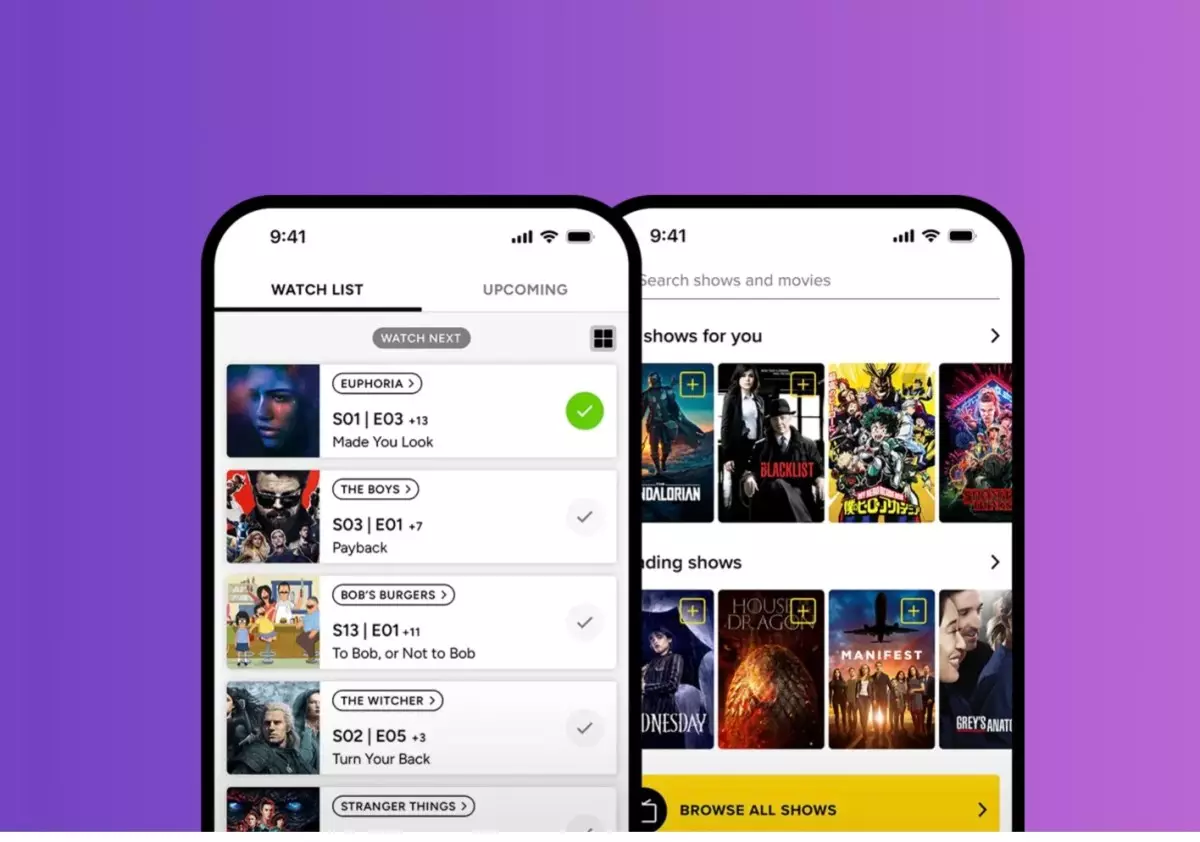In a digital era where content consumption has exploded, apps that can efficiently track what users watch and provide tailored recommendations have become essential tools for entertainment lovers. Among the frontrunners of such applications is TV Time, a robust platform that has amassed over 30 million registered users since its launch in 2012. With features allowing users to engage with one another—commenting on episodes, voting for their favorite characters, and even sharing GIFs—TV Time has become more than just an app; it has cultivated a vibrant community around shared interests in TV shows and movies.
Recently, the app faced a significant setback when it mysteriously vanished from the Apple App Store for several weeks, stirring anxiety and concern among its dedicated fan base. With about 2.5 million active monthly users relying on the app for their viewing habits, this abrupt disappearance did not go unnoticed, raising questions about the future of the platform. On November 1, the team at TV Time acknowledged the situation via a post on X (formerly Twitter), stating they were working with Apple to resolve the issue. However, details were scant, leaving users in the dark.
The silence from the developers coupled with the strained communication caused frustration among fans who sought updates and clarity. During this time, existing users on iOS could still access the app, but new users were effectively locked out, unable to download it on newer devices—creating an acute sense of anxiety within the user community.
The heart of the issue lay in a conflict related to intellectual property rights. After TechCrunch inquired about the removal, it was revealed that the dispute arose from a complaint regarding copyrighted cover art uploaded by users. It appears that another company lodged a complaint under the Digital Millennium Copyright Act (DMCA), asserting copyright over the images used within the app.
TV Time, Compliance and the DMCA
TV Time’s compliance with the DMCA suggests that they took the complaint seriously and requested proof of ownership from the complainant. However, the company claimed the complainant failed to provide the necessary evidence, which left TV Time in a precarious position when the complaint was escalated to Apple. The situation escalated further when the complainant sought a financial settlement not consistent with standard DMCA procedures—a demand TV Time was unwilling to meet.
Whip Media’s Chief Marketing Officer, Jerry Inman, emphasized that despite TV Time’s attempts to clarify its compliance with the DMCA and to rectify discrepancies, Apple chose to act on a potentially unfounded complaint, demonstrating the immense power that platform holders wield over app developers.
Fortunately for TV Time users, the matter eventually reached resolution, leading to the app’s reinstatement in the App Store. Still, the incident serves as a timely reminder of the vulnerabilities faced by apps operating within highly regulated ecosystems like Apple’s. Inman’s assertion that “Apple holds significant power over app developers” points to a systemic issue inherent in the App Store’s relationship with developers.
Ironically, while the app was inaccessible on iOS during this critical period, users could still utilize the app on Android or through the web version. This discrepancy highlights the broader implications of digital market access and the potential challenges for companies entrenched within platform-dependent ecosystems.
With the incident behind them, the future looks stable once again for TV Time, which continues to compete with other services like Reelgood and JustWatch by providing users with direct pathways to their desired content. However, the situation opens up broader conversations about the relationship between app developers and platform managers. Developers must be adequately aware of the risks that come with operating on platforms that have immense control over their access to market audiences.
In a world rife with competition, it is essential for platforms like Apple to not only ensure compliance but also to maintain fairness in how disputes are handled. For users, this means staying informed, as the tools they love are often at the mercy of corporate policies that may not reflect their best interests.
As TV Time continues to navigate the landscape of entertainment technology, it stands as a cautionary tale of the fragility entwined in app development. The ever-evolving relationship between digital content providers and platforms is a space worth monitoring, as it will likely shape the future of media consumption as we know it.

